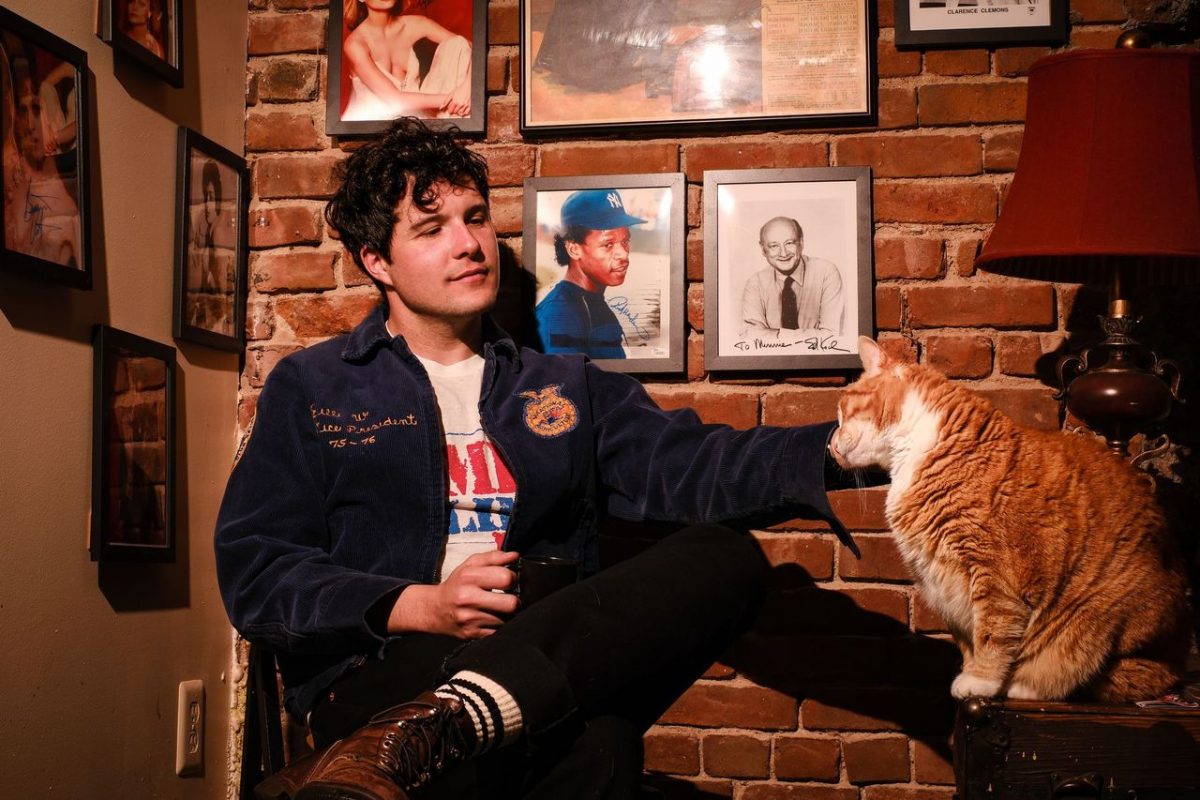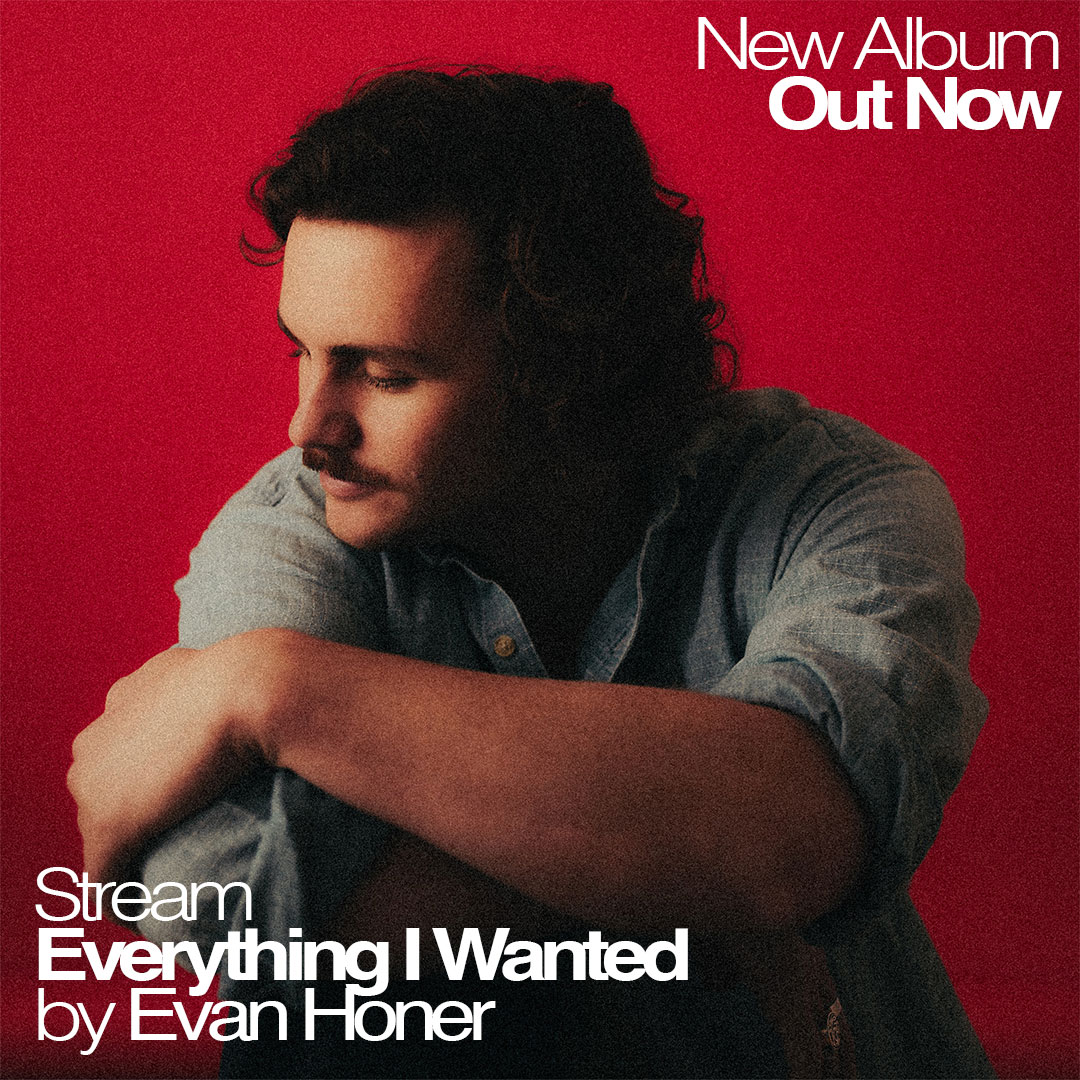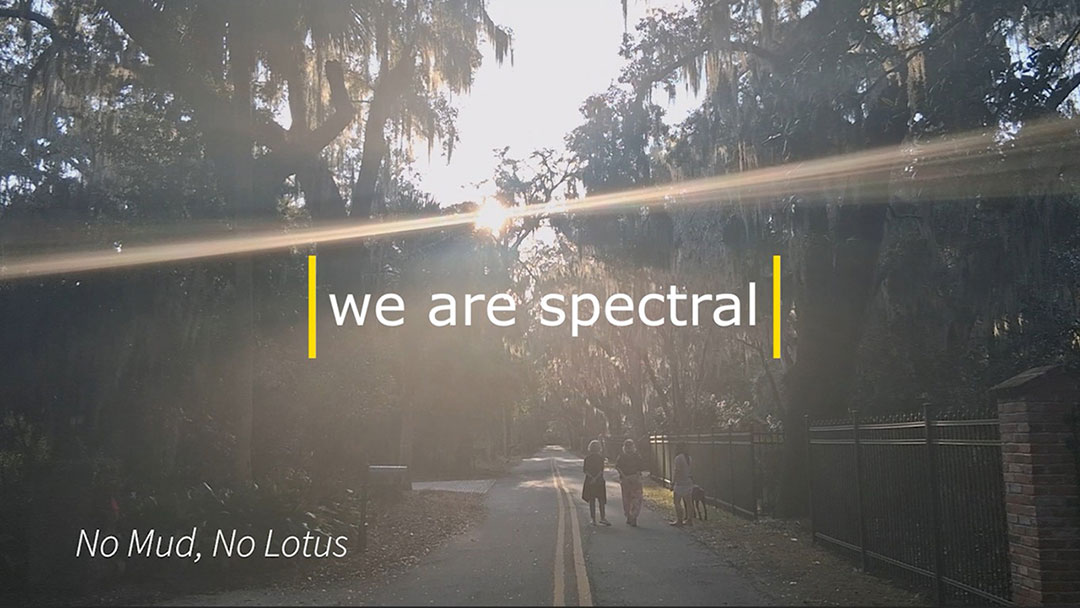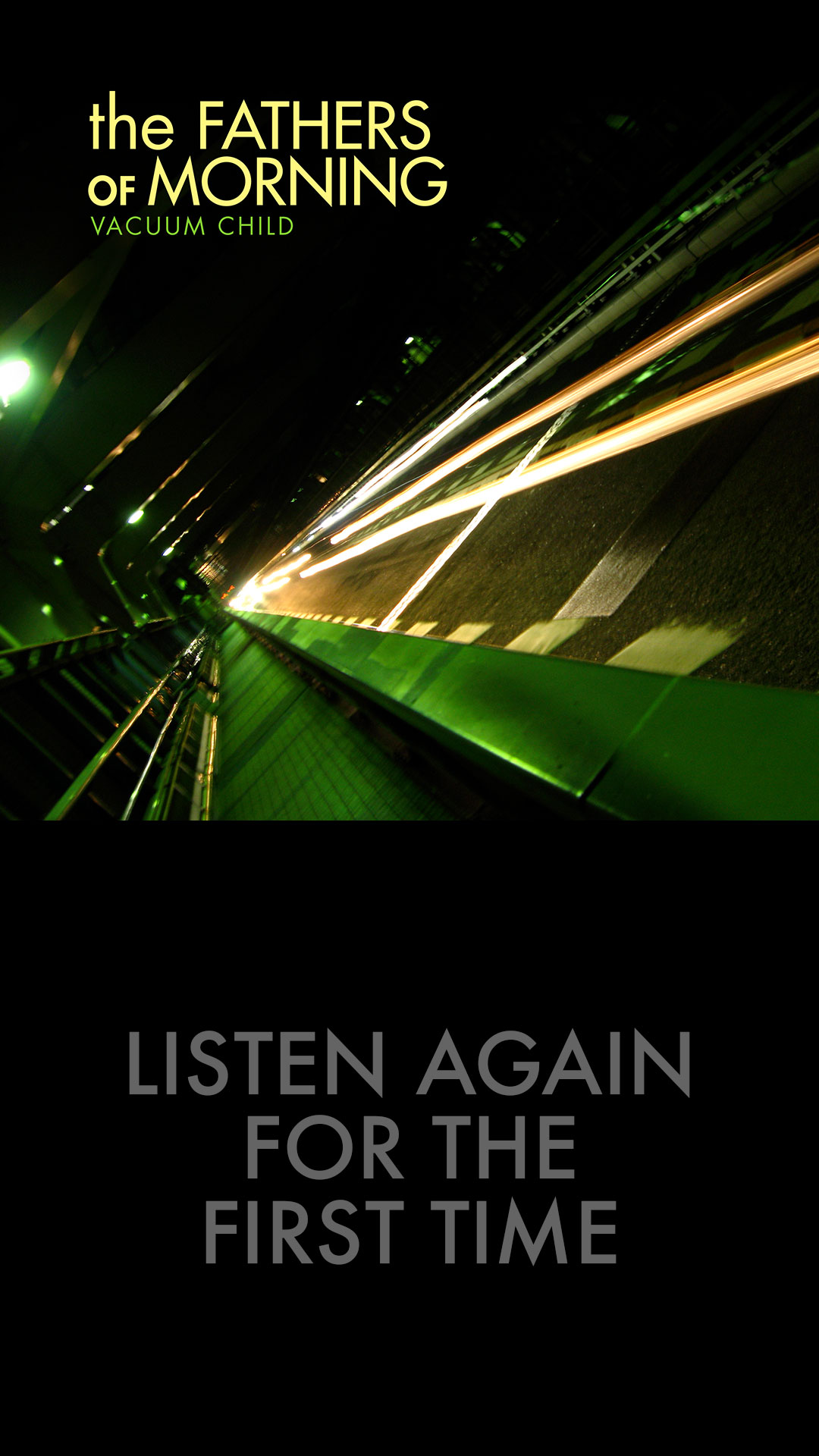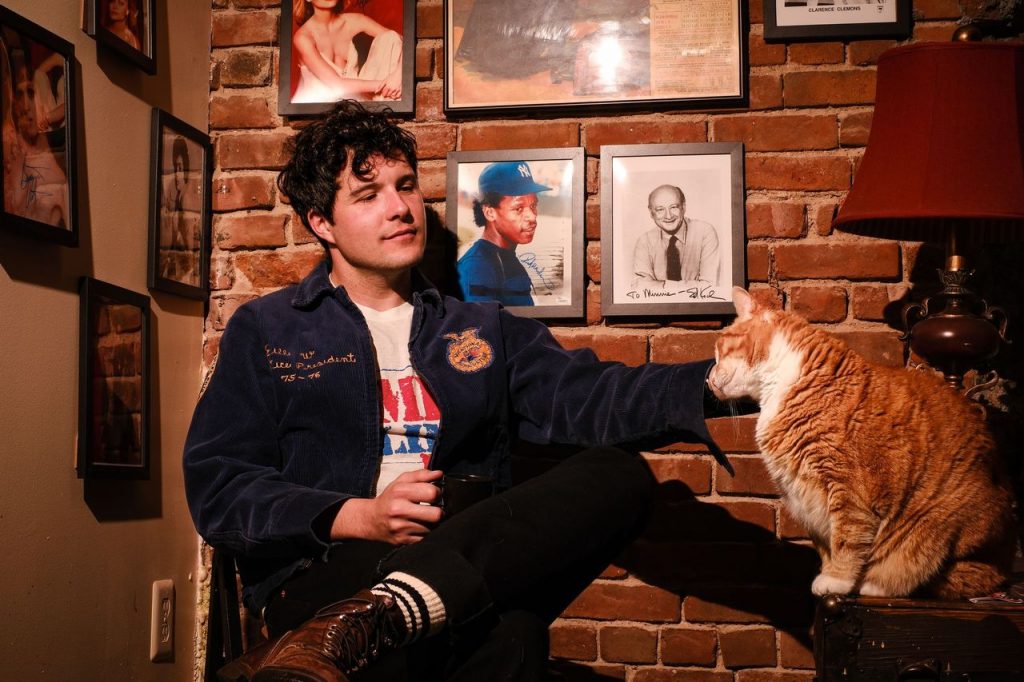
Brian Dunne sure proved his mettle with team Fantastic Cat over the past year, most notably taking the lead on “Sometimes Your Heroes Let You Down.” It’s one of the finest tracks on Now That’s What I Call Fantastic Cat, the singer/songwriter supergroup’s stellar 2024 LP. Dunne apparently had plenty left in the tank for Clams Casino (Missing Piece). A capable producer, he wisely kept it simple on his fourth solo effort, doing everything at his home in Brooklyn. Once listeners get past the unfortunate title (more on that later), they’ll be richly rewarded with an album that transcends genres on the merits of its modestly cinematic narratives inspired by the everyday drama of a 30-something millennial approaching the inevitable 40-year reckoning.
Here’s a breakdown from Dunne.
—Hobart Rowland
1) “Clams Casino”
“I love an alliterative title: ‘Hungry Heart,’ ‘Beggars Banquet,’ ‘Hannah Hunt.’ I remember seeing clams casino on a menu when I’d go out to eat with my parents as a kid. It’s kind of an East Coast regional dish … what a working man thinks a rich man eats. That’s the push and pull of what I’m trying to say. The song asks two questions: Why is it so hard to have a good thing? And is it so bad to want a good life? These are the two questions that inhabit my mind at all times. I grew up in a working-class family, and I’m super-proud of my background. But I also have big dreams and big ambitions, and sometimes that makes me feel like a hypocrite. Anyway, this song kind of encapsulates everything I wanted to say about class in America right now, and it serves as my mission statement for the record.”
2) “Rockland County”
“At a certain point, it felt like the millennial dream was to make it big in the big city. I’ve written at length about that, since it was also my dream. I wrote ‘Rockland County’ as an exuberant song about somebody who’s relieved to finally put down the dream. I just fell in love with the character railing against the life they’ve been living and how false it felt to them. Somebody can catch you in a moment of weakness and sell you back the very thing you were running from. ‘Oh my God, free parking!’ It’s a disillusionment song.”
3) “Graveyard”
“There’s a throughline that goes from unknown artists to people on skid row—everyone wants to be understood. When the world responds and finds you unremarkable, I think you carry that pain with you. There’s something tragic about all the people we gloss over. It’s reflected back to us politically, emotionally. This isn’t a song with any answers—it’s just a small meditation on the way an art student in an unknown band winds up with the same core disappointment as someone who’s completely disenfranchised. I think it’s at the core of a lot of larger issues. People lash out because they don’t feel heard.”
4) “Play The Hits”
“This was the first thing I wrote for the record, and it was exactly what I wanted to say. I’d made the Loser On The Ropes album during the pandemic and toured it right after. Somehow, I was in my mid-30s when I came up for air and everything looked and felt different—even the victories. I was listening to lots of different live versions of “It’s All Over Now, Baby Blue,” and there was something I recognized in it. Something was over, and it had ended while I wasn’t paying attention. The song feels like someone taking inventory of how their life had gone while they were off making other arrangements. It also zeroes in on another theme of the record: the humbling experience of time eroding the differences between the mainstream and the counterculture. The difference between the road less traveled and the road more commonly traveled becomes harder to decipher as you get older. After a while, it’s all just road.”
5) “Fake Version Of The Real Thing”
“I was watching the Grammys, and I felt like I was listening to a lot of very wealthy people talk about how they’d overcome all these odds—and that made me suspicious. I opened my notebook, and it started with just exasperation: ‘Oh Christ, can you hear the cries … ’ I was trying to illustrate how if you’re the outsider railing against the powers that be, our system is inherently capitalist and therefore evil. To enact change, you do need to work inside of it. And to work inside of it, you need to be OK with a little bit of evil. It’s basically a song about how the outsider becomes an insider and eventually the establishment—which is then railed against by the outsiders. The cycle repeats, and nothing ever gets fixed. Oh well.”
6) “Some Room Left”
“The first side of the record is more narrative stories, and the second is about the emotional fallout from those stories. What’s it like to walk around with this disappointment? What does it do to a person? I wrote this song about the first tug of optimism you feel after coming out of a long depressive period. I was driving from Chicago to New York when I wrote it. There are parts of it where I feel a little naked. It’s my favorite song on the record.”
7) “Gracie Mansion”
“I couldn’t get over this idea that Gracie Mansion sounds like such a majestic place, and that I should use it in a song like Paul Simon used Graceland. It’s actually where the mayor lives—where Rudy Giuliani was kicked out for bringing his mistress. But I thought it was funny. The song comes from a very personal place. My goals and ambitions have interfered quite a bit with my actual experiences. It’s not uncommon for me to stand in an art museum and be like, ‘Is this worth the $25? Do I deserve to be here?’ All the while, beauty is passing me by. That’s what the song is about: Take the picture, miss the moment.”
7) “I Watched The Light”
“I was talking to my bandmate about renting a car in Germany and said something like, ‘It was easier to do this when we were in Ohio.’ And he responded, ‘Ah man, after a while, it’s all Ohio.’ And I was like, ‘I’m using that!’ I have a lot of fun writing these small stories that still feel broad. We imagine our dreams dying with this romantic, fated kiss on an airplane that’s about to crash. But a dream sort of slowly withers away. It erodes until it’s unrecognizable. I feel like you see a dulling of people’s spark in their mid-30s. It’s not an indictment of them—it’s an indictment of what the world will do to somebody with a spark. It makes me sad.”
8) “Max’s Kansas City”
“This song is stream-of-consciousness lyrical madness about all the things that drive me nuts. I truly wrote it for myself. I was completely alone on a hellish tour of Europe, and it rained like 17 days. I was like, ‘What does it all mean?’ I wrote this song to remind myself that it means nothing. Loosen up. Have a beer. Talk to some strangers. Your fate has been predetermined, and you aren’t one of the chosen ones. That’s all right.”
9) “Living It Backwards”
“I love when a record takes you from one point to another, so I needed something to summarize what we’ve learned. Do you stay or do you go? Do you sell out or go home? I thought it would be nice to write a song that says the answer is neither. We’ve measured ourselves against our ambitions. We’ve measured ourselves against each other. So I guess we all have to forge our own path; we’re on our own. It’s almost like a song of devotion. If you’re lucky and you get to stick around, you might find that gift of the road less traveled was not that it yielded something great—but that it gave you a life that was interesting.”


